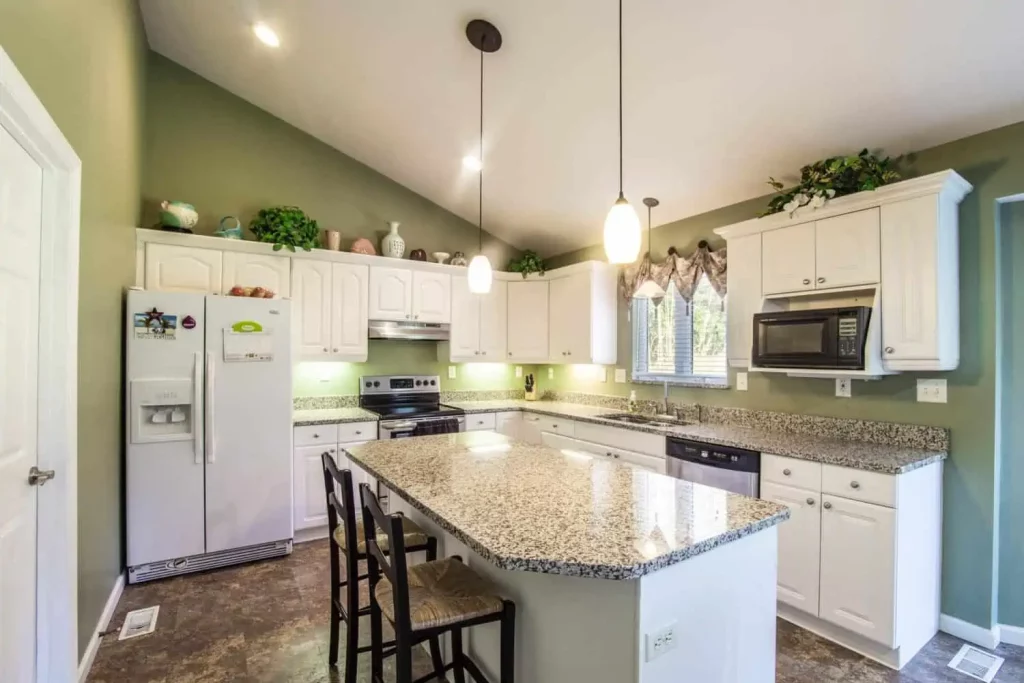As energy costs continue to rise, it’s more important than ever to make our homes as energy-efficient as possible. Heating accounts for a significant portion of energy consumption in our homes, so improving your home’s heat efficiency can lead to significant savings on your energy bills. In this article, we’ll provide some tips on how to make your home more efficient to heat.
Insulate your home
One of the most effective ways to reduce heat loss from your home is to insulate it. Insulation helps to trap heat inside your home, preventing it from escaping through walls, roofs, and windows. Some common types of insulation include fiberglass, cellulose, and spray foam insulation. Insulating your loft, walls, and floors can save you a significant amount on your energy bills.
Seal air leaks
Air leaks are another common cause of heat loss in homes. Air can escape through small cracks and gaps around windows, doors, and vents. To reduce air leakage, you can seal any gaps and cracks with caulking or weatherstripping. This will help to keep the heat inside your home and prevent cold drafts.
Upgrade your windows
Older windows can be a significant source of heat loss. Single-pane windows, in particular, are notorious for allowing heat to escape. Upgrading your windows to double or triple-pane windows with low-emissivity glass can significantly improve your home’s energy efficiency. These types of windows can reduce heat loss by up to 70%.
Use window treatments
Window treatments such as curtains, blinds, and shades can help to insulate your home and reduce heat loss. Thick, insulated curtains can prevent heat loss through windows, while cellular shades can provide an extra layer of insulation by trapping air between the shade and the window.
Upgrade your heating system
If your heating system is old or inefficient, it may be time to upgrade to a newer, more efficient model. Modern heating systems are designed to be more energy-efficient and can save you money on your energy bills. Consider upgrading to a high-efficiency furnace, boiler, or heat pump and make sure all current options are well maintained and serviced suggest Corgi Homeplan. You may also want to install a programmable thermostat to help you manage your heating system more efficiently.
Use zone heating
Zone heating is a way to heat different parts of your home separately, depending on your needs. This is particularly useful in larger homes, where some rooms may be used more often than others. By using zone heating, you can avoid heating rooms that are not in use, which can save you money on your energy bills.
Maintain your heating system
Regular maintenance of your heating system can help to keep it running efficiently and reduce the risk of breakdowns. This includes cleaning or replacing air filters, checking the pilot light, and scheduling an annual tune-up with a qualified HVAC technician. By keeping your heating system in good condition, you can ensure that it operates efficiently and safely.
Use energy-efficient lighting
Using energy-efficient lighting can also help to reduce your home’s heat load. Incandescent bulbs, in particular, give off a significant amount of heat, which can make your home feel warmer than it needs to be. By switching to LED or CFL bulbs, you can reduce your energy consumption and keep your home cooler.
Use a humidifier
Dry air can make your home feel cooler than it actually is. Using a humidifier can help to add moisture to the air, making your home feel warmer and more comfortable. This can also reduce the amount of energy you need to use to heat your home.
Use natural sunlight
Natural sunlight is an excellent source of heat, especially during the winter months. Keep your curtains and blinds open during the day to allow sunlight to enter your home. This can help to warm your home naturally and reduce your reliance on your heating
